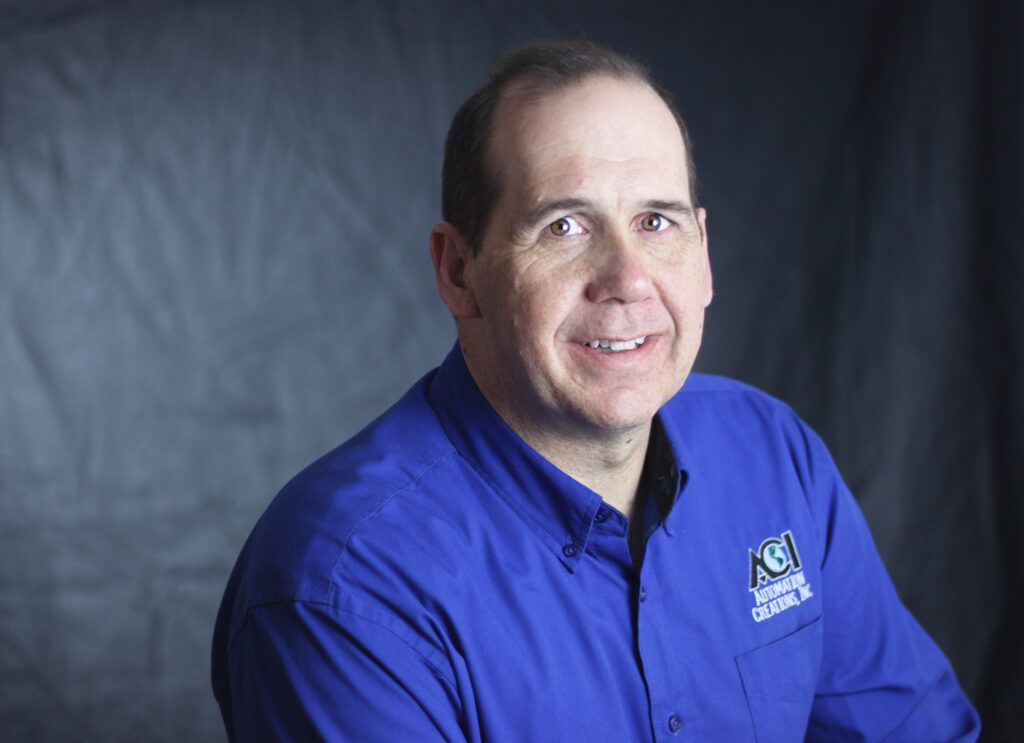Welcome to “Business Brief with…” Business Brief asks presidents and CEO’s of companies at the Virginia Tech Corporate Research Center (VTCRC) one question…“What key lesson have you learned in business that would help others?”
Please enjoy Henry’s perspective on the question…
I appreciate this opportunity to contribute my own lesson learned in the area of company structure and contingency planning.
Once you have committed to starting your business, you almost immediately face the question of how you will be legally structured. Such topics are best left to the attorneys and tax professionals, but regardless of an LLC, S-Corp or C-Corp, they share a common bond: decision making authority and ownership structure. However, this by itself doesn’t address some of the most common reasons for business failure: What happens when the business doesn’t go according to plan? Who holds the owner accountable before issues get big enough for customers or employees to leave? Where can a CEO go for advice? How do you settle a leadership disagreement?

Forming a board of directors was a critical step in my recognition that businesses almost never go according to plan, and that I myself need to be reporting to someone besides the employees and customers. As it turned out, a board was also a critical component when I was suddenly gone from my business for almost a year. Our own story at Automation Creations, Inc. may inspire ideas for how to address this yourself and make the solution your own.
As a closely held asset, ACI ownership is simple. My wife and I naturally felt planning for our estate meant taking care of the business just as ensuring for the well-being of our children. Over a year, we developed a succession plan that would activate if I became disabled. The intent isn’t to anticipate every possibility that could arise, but to create decision-making authority in my absence so that the business can continue, providing for our employees and customers. As an Army reservist, I knew the possibility of military call-up was very real, as is the possibility of a medical disability or something more tragic.
In 2006, Jim Flowers and VT KnowledgeWorks took root at the CRC, with the intent of helping grow early-stage businesses, but Jim also recognized the value of accelerating existing businesses. From that, he launched the Presidents’ Council as an opportunity for owners/CEOs to gather monthly, and share in a confidential environment their concerns, best practices, and hold each other accountable for goals and initiatives. I jumped on-board early, and quickly realized that such a council formed an important cornerstone to the strategic direction of Automation Creations, and also filled an important role in my contingency planning.
A carefully chosen group of fellow CEOs who truly get to know your company provides invaluable feedback, and with the added dimension of confidentiality, can provide a regular sounding board. When choosing either an informal board of directors or a peer CEO group, look for both more experienced businesspeople, as well as fresh ideas. Build a rhythm of meeting with them regularly, so that there is a routine of feedback, accountability and a growing knowledge of how your company, as well as your peer companies, works.
For me, I put my council and succession plan to the test when the Army sent me active duty orders to Operation Iraqi Freedom one fateful day in August 2008. I shared my concerns and current plans with my Council, then selected two members to meet regularly with my wife and management team. As it turned out, I had almost no Internet or telephone access back to Virginia during my deployment. In my absence, the team was able to both keep the company going and handle unanticipated issues. One of the biggest was that in spite of our planning, we really needed a full-time CEO to provide daily oversight. My team located and hired Jim Wyers, who still serves ACI with me today. I’m particularly proud of everyone’s hard work during my year-long absence, and thrilled that my team could find and recruit such a great leader.
Whether you connect with a few key mentors on a monthly basis, or meet with an industry-specific peer group quarterly, make an effort to seek the kind of feedback only fellow CEOs can provide. If it’s a local CEO peer advisory group, you’ll enjoy the benefits of getting to really know your neighboring CEOs both monthly and in the local community. Whatever you do, challenge yourself to do better, and tell your mentors or friends what your objectives are, so that they hold you accountable, before customers or employees take their business elsewhere.